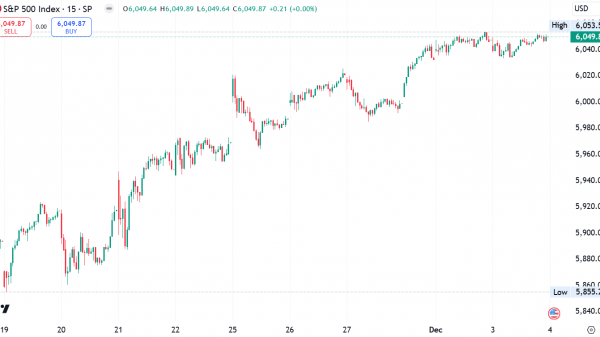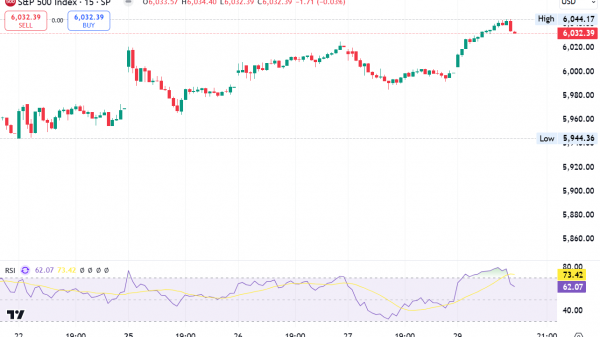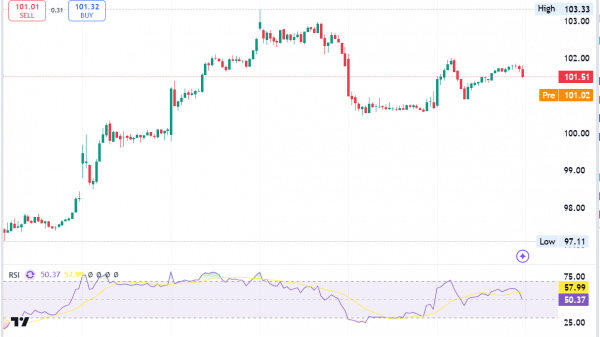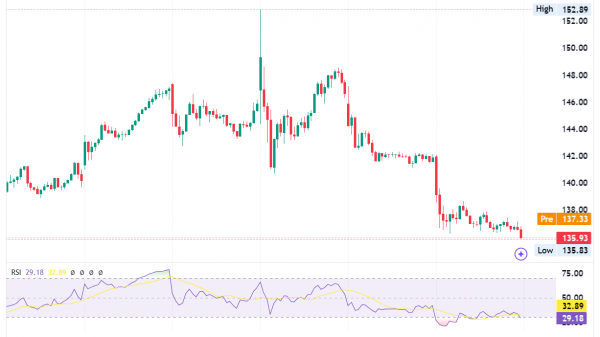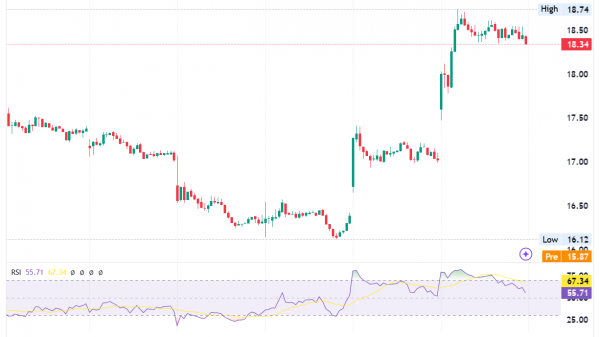What Is a Pip in Forex? – The Complete Guide to Forex Pips
In the world of foreign exchange (Forex) trading, precision, accuracy, and clarity in communication are paramount.
This is where the concept of a “pip” comes into play. Let’s delve deeper into what a pip is, its significance, and why every Forex trader should be familiar with this term.
What is a pip in Forex?
Moreover, there is no lack of questions like, “What is a pip in Forex trading?”
A pip, which stands for “percentage in point” or “price interest point”, is a unit of measurement used to express the change in value between two currencies.
It is worth noting that the smallest whole unit price move that a given exchange rate can make based on market convention.
In the case of most currency pairs, one pip is in the fourth decimal place (0.001). The notable exception is for the Japanese yen pairs, where a pip is equivalent to 0.01.
Role and importance of a pip in Forex
As stated above, it is important to know, “What is a pip in Forex?” Moreover, traders should pay more attention to the role and importance of a pip.
Standardization: Pips provide a standardized measure of price movement. This uniformity ensures that all traders, regardless of where they are, use the same reference when discussing currency movements.
Risk management: Traders use pips to measure the potential for profit and loss. By understanding the value of each pip for a particular trade, a trader can set stop-loss and take-profit levels, effectively managing their exposure to market volatility.
Clarity in communication: Within the trading community, talking in terms of pips reduces confusion. Instead of saying a currency moved by x number of units, saying it moved by x number of pips is clearer and more universally understood.
Strategizing: Let’s not forget that many Forex trading strategies revolve around capturing a specific number of pips. As such, the concept of a pip is integral to the formulation and execution of these strategies.
What is the difference between pipettes and pips?
People who are unfamiliar with pips may find it hard to understand the difference between pips and pipettes. Let’s take a look at pipettes.
Some brokers offer quotations to 1/10th of a pip or feature five decimal places (or three for yen pairs).
These smaller increments are called pipettes or fractional pips. While they provide more granular detail, not every broker uses them, so it’s essential to be aware of the convention your broker follows.
Pip value varies: The actual monetary value of a pip depends on the lot size (volume) of the trade and the currency pair being traded. A standard lot (100,000 units) typically means that each pip movement corresponds to $10, while a mini lot (10,000 units) translates to a $1 movement for every pip. Knowing the value of a pip helps in determining the potential risk and reward for each trade.
Spreads and pips
Brokers often quote currency pairs with a bid and ask price. The difference between these prices is known as the spread, which is usually measured in pips. A trader should be aware of the pip spread as it represents the broker’s fee and the starting “cost” of a trade.
Leverage and pips: Forex trading often involves the use of leverage, allowing traders to control a larger position with a smaller amount of money. However, leverage amplifies both profits and losses.
A small movement in pips can result in significant financial changes when high leverage is employed. Thus, understanding the value of a pip in the context of leverage is vital for risk management.
Swaps and pips: Some traders hold positions overnight, leading to a phenomenon called “rollover” or “swap.” The broker will either credit or debit the trader’s account based on the interest rate differential between the two currencies in the pair. This rate is often quoted in pips. Being aware of this can influence a trader’s decision on when to open or close a position.
Technical analysis: Many traders utilize technical analysis, which often incorporates price levels, movements, and patterns, with measurements frequently cited in pips. Being fluent in “pip language” is crucial for traders who employ technical strategies.
In conclusion, a pip in Forex is much more than just a point of price movement; it’s a cornerstone of the entire trading process, from strategy formulation to risk management. So, it is vital to remember “what is a pip in forex?”
For both new and experienced traders, understanding the concept of a pip, its significance, and the various ways it impacts trading is essential for navigating the complex world of Forex trading successfully.
The post What Is a Pip in Forex? – The Complete Guide to Forex Pips appeared first on FinanceBrokerage.
















